In this era, the integration of finance, technology, intelligence, and healthcare has created a transformative pathway for human progress. Exploring the intersection of these elements is crucial to predicting and navigating the future.
FinTech:
Technology’s impact on finance has given birth to financial technologies, which redefine how we manage money. Ranging from mobile banking apps to automated trading systems, modern innovation has revolutionized the financial industry.
FinTech allows for greater financial inclusion, especially in underbanked regions. With mobile devices, people can transfer funds, invest, and even generate wealth.
Cryptocurrencies and Blockchain
Blockchain technology, the backbone of cryptocurrencies like Bitcoin and Ethereum, offers transparency, security, and decentralization. From retail users to major banks, everyone is exploring its potential to reduce fraud.
While still volatile, digital currency is pushing governments to adapt, hinting at a global financial shift.
Smarter Systems with AI
Artificial Intelligence (AI) is no longer science fiction. You can find it in recommendation engines, financial modeling, and even mental health apps.
AI in Finance
In the financial sector, AI is used for fraud detection, predictive analytics, and customer service. Data-driven algorithms process large amounts of information in real-time, allowing banks to make smarter decisions.
AI in Healthcare
AI’s impact on healthcare is undergoing dramatic changes thanks to AI. From early cancer detection to personalized medicine, AI is helping doctors make faster diagnoses.
Health trackers, combined with cloud computing, give patients and doctors access to real-time health metrics that can improve outcomes.
Intelligence: Human and Artificial
The definition of intelligence is expanding. With the advent of artificial general intelligence (AGI), machines are beginning to reason like humans.
Emotional Intelligence and Mental Health
In tandem with tech growth, understanding emotions is gaining attention. In business and health alike, EQ is essential to communication, trust, and resilience.
Slot gacor is also being supported by technology. Apps like Headspace use AI, guided meditation, and human coaching to promote well-being.
Digital Health Revolution
Technology’s role in health is modernizing medicine. From remote surgeries using robotics to virtual health consultations, the potential is enormous.
Wearables and Data
Devices like Oura rings monitor everything from sleep patterns to stress levels. These data points are then used to notify healthcare providers about potential issues.
Telemedicine
The pandemic pushed forward the need for telemedicine. Patients can now connect with doctors from their homes, reducing travel costs and making healthcare more convenient.
The Convergence:
What happens when these sectors intersect? The result is a collaborative explosion in capability.
Smart Hospitals and Financial Planning
AI-driven clinics also use blockchain billing systems to ensure transparency. Patients have access to cost forecasting, insurance optimization, and predictive analytics.
Personal Finance Meets Wellness
Health and wealth platforms are gaining popularity. People get incentives for meeting health goals with financial perks.
For instance, walk 10,000 steps a day and receive points toward retirement savings.
Challenges and Ethical Concerns
With all this progress, there are challenges. Cybersecurity, algorithmic bias, and digital divides are serious issues.
For instance, AI models can be discriminatory if not trained responsibly. Tech benefits may leave behind rural or poor populations, widening societal gaps.
Conclusion:
This grand synthesis of key domains is unlike any moment in history. As we move forward, a balanced approach that welcomes change while protecting rights and access will be key.
We stand at the edge of a new era. By aligning our systems, we can craft a future that’s inclusive and empowering.
The Future of Human Advancement: Technology, Intelligence, Health, and Finance
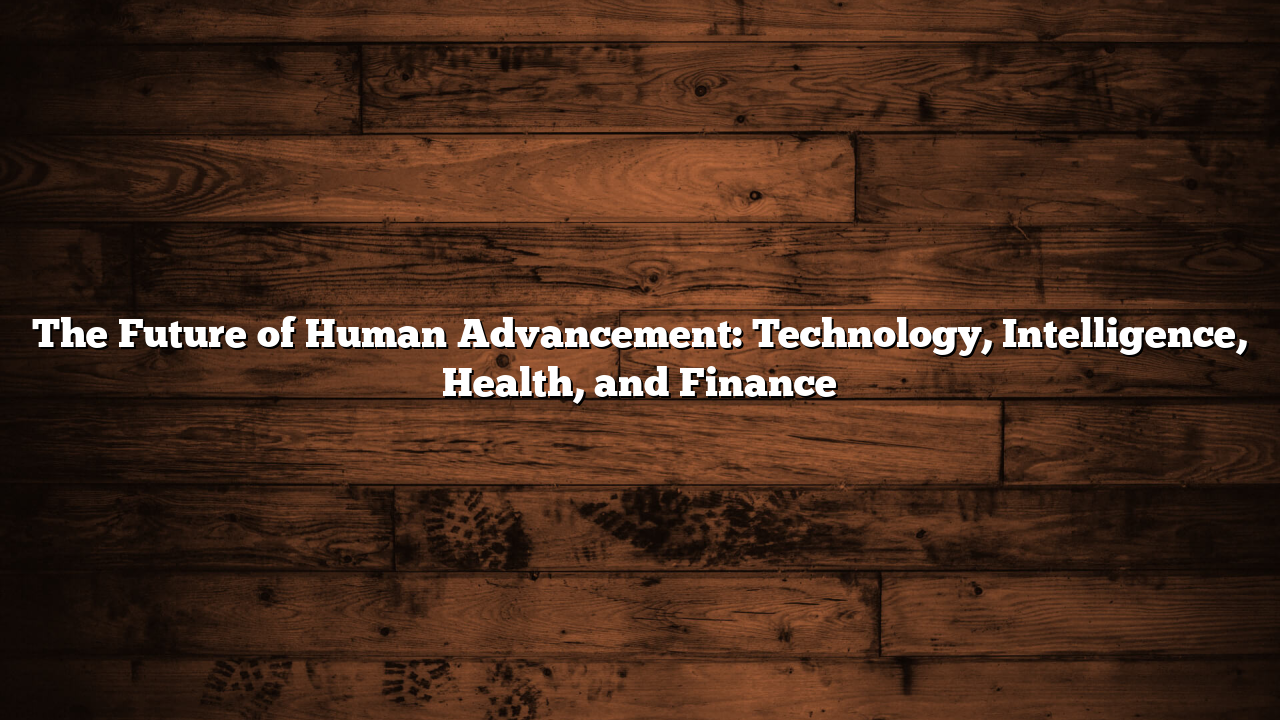
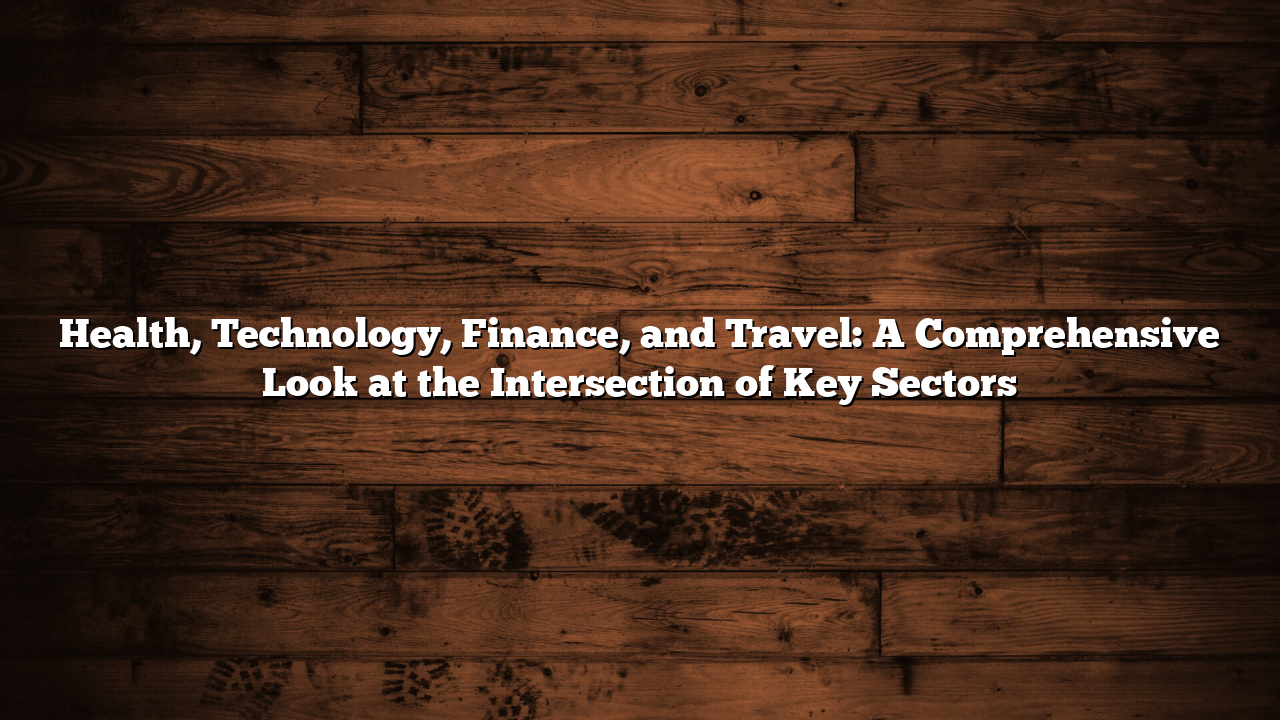
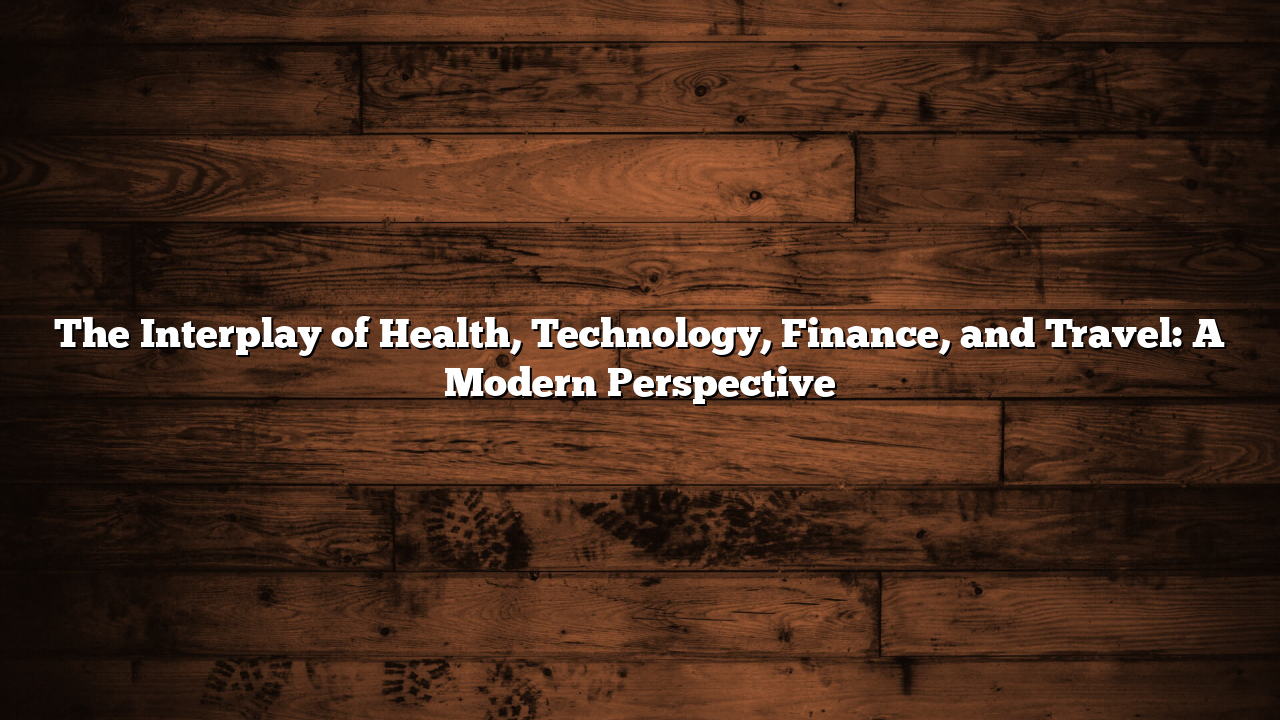
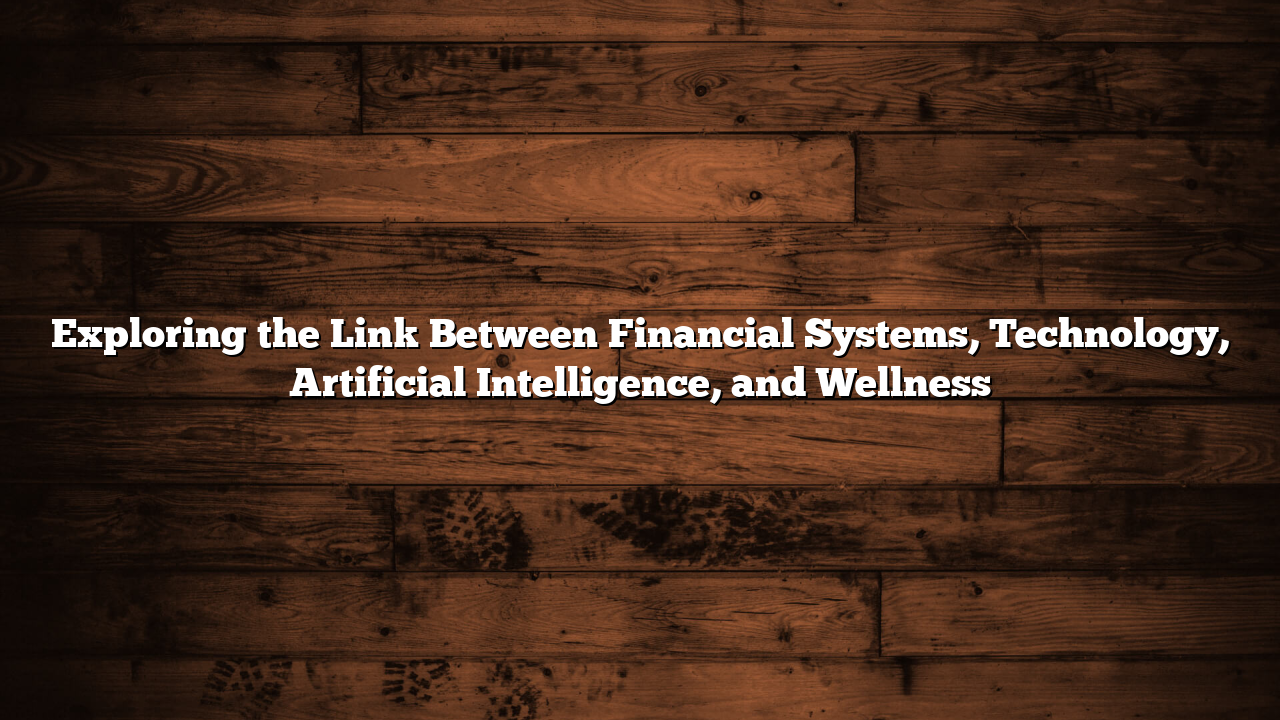

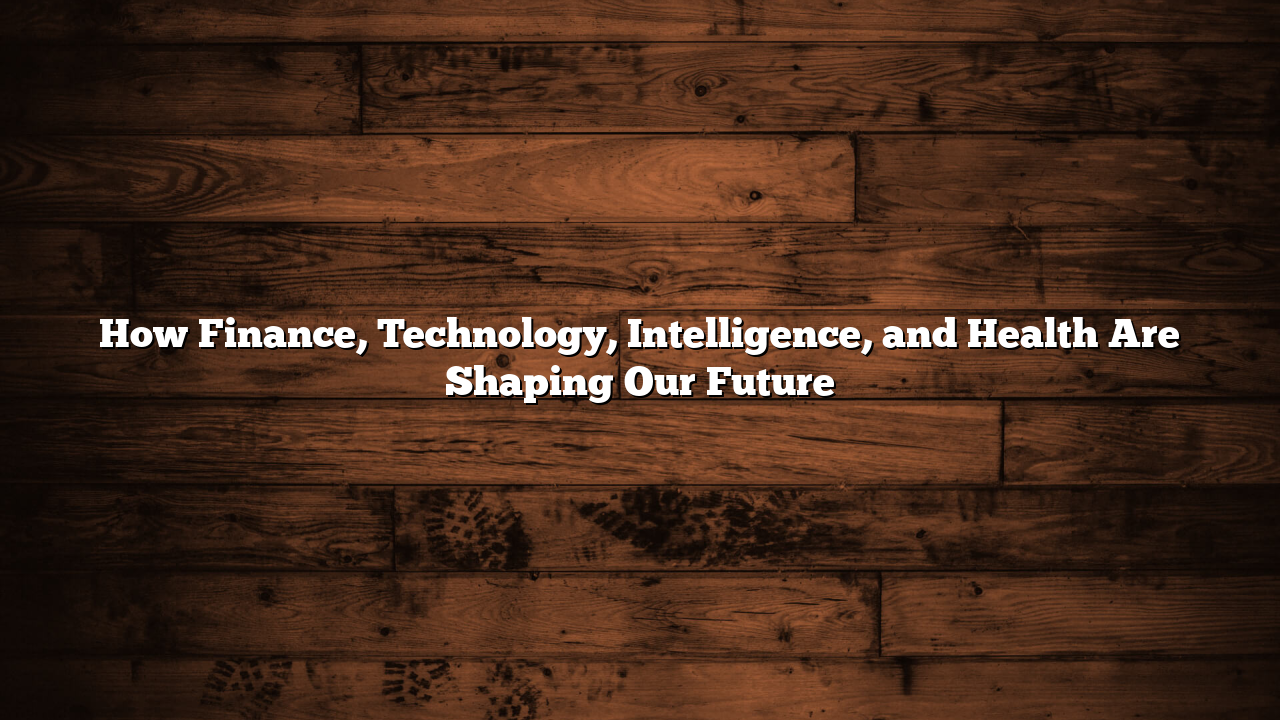
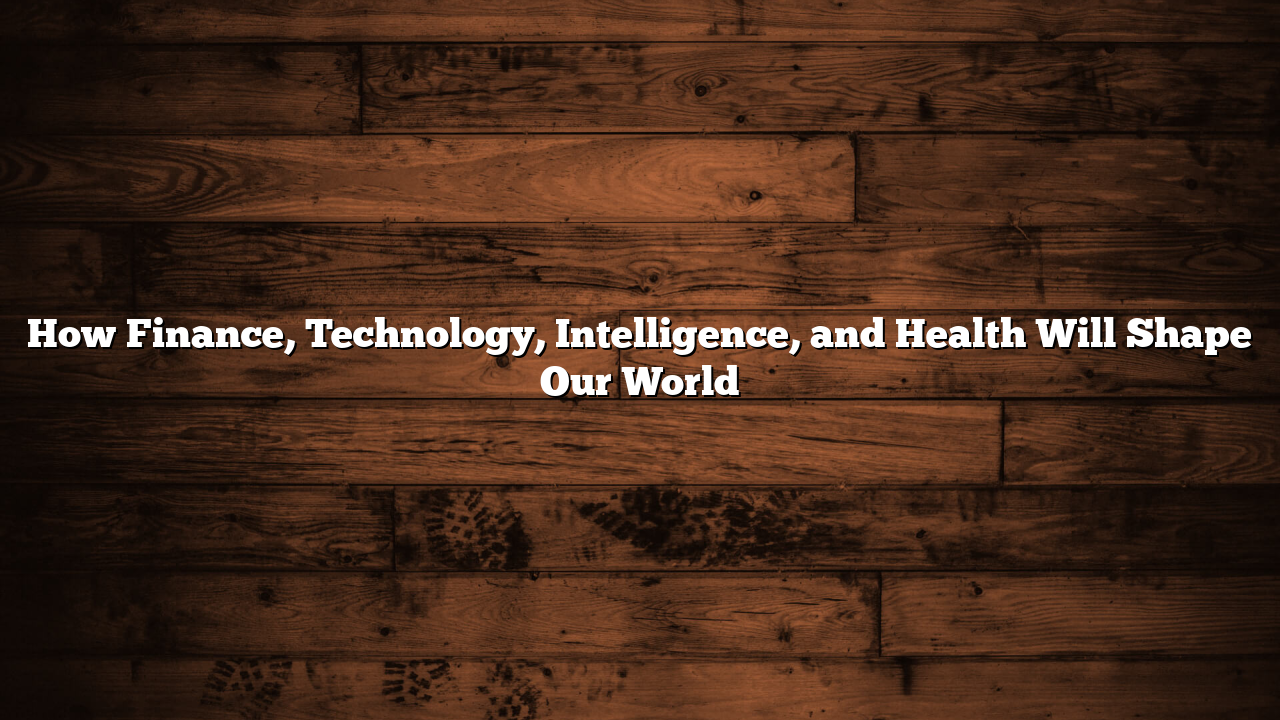
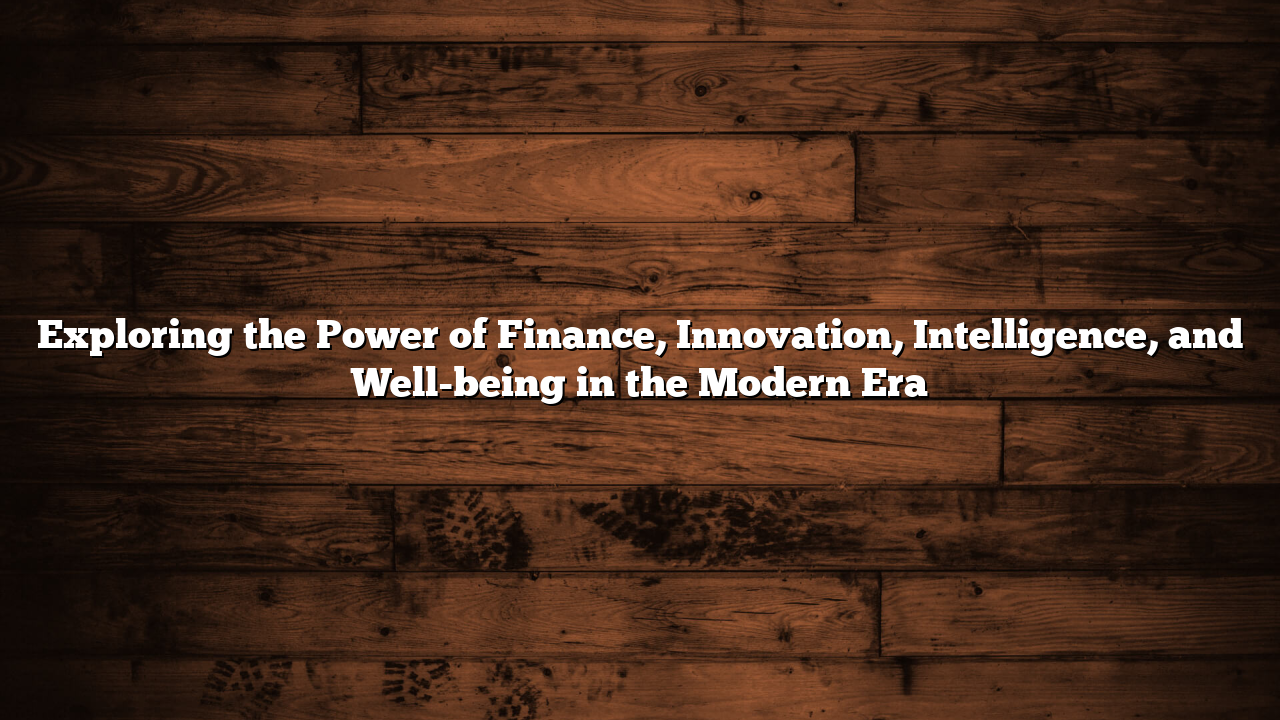
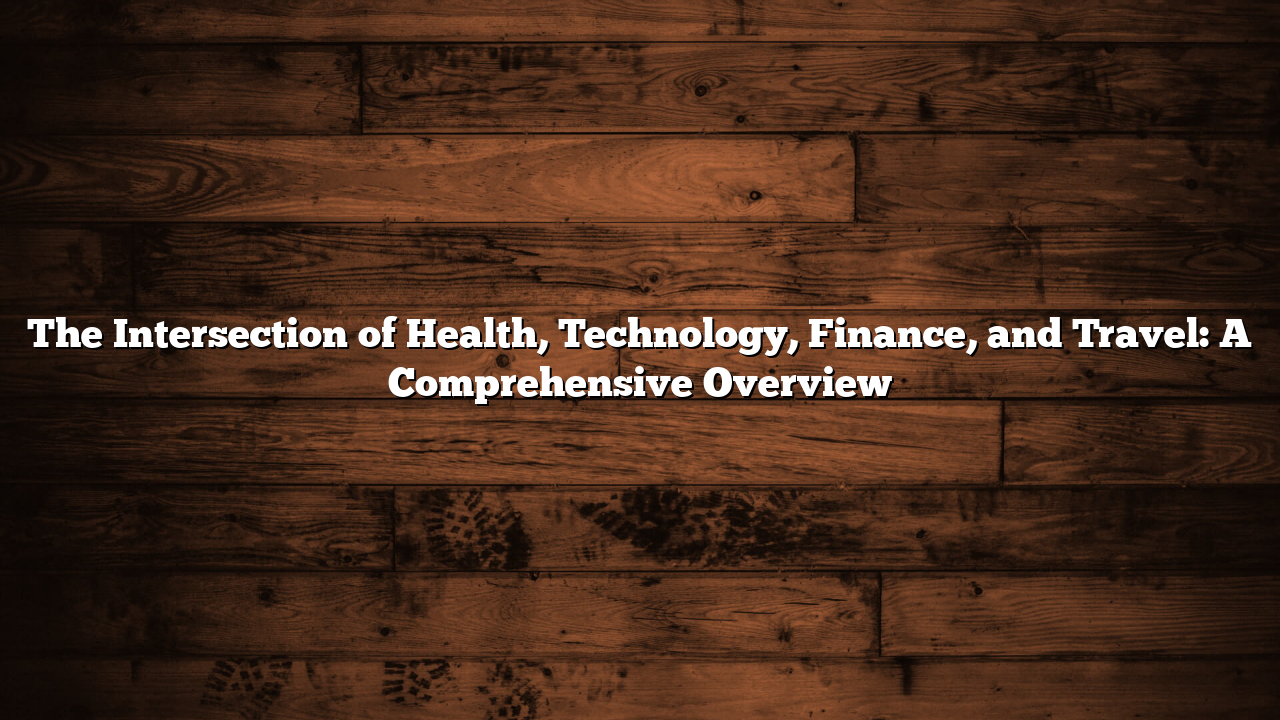
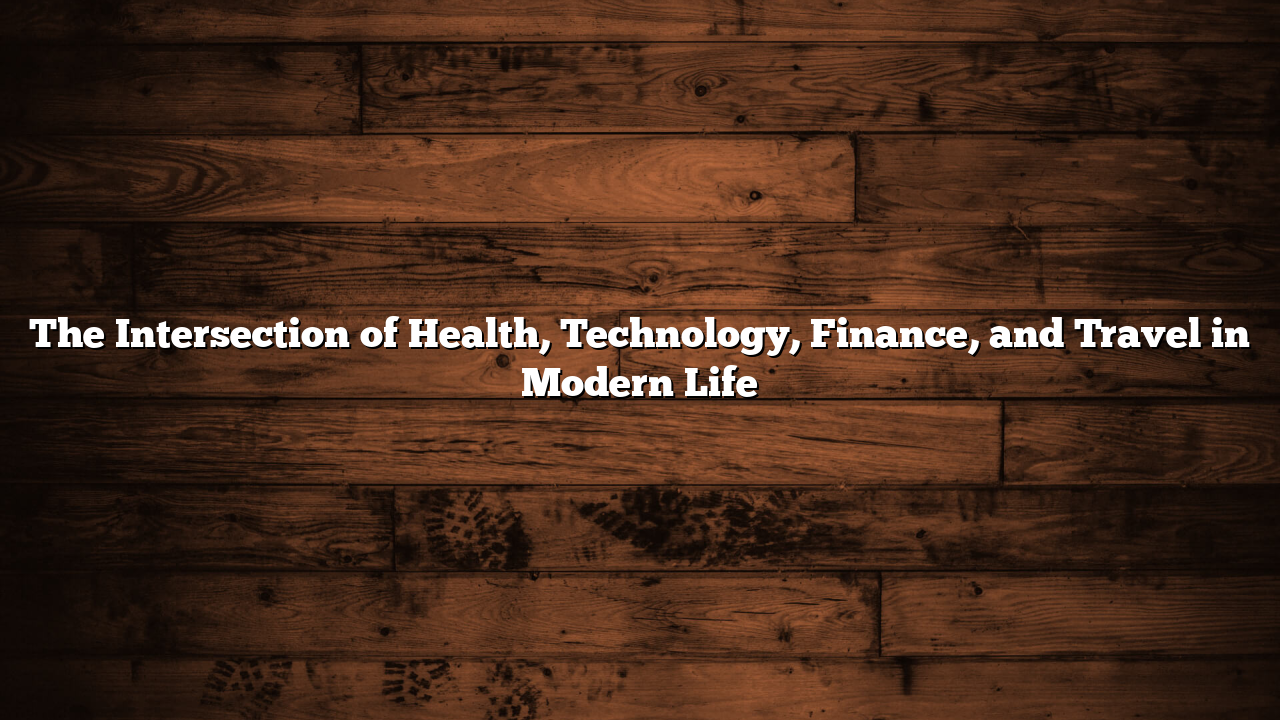
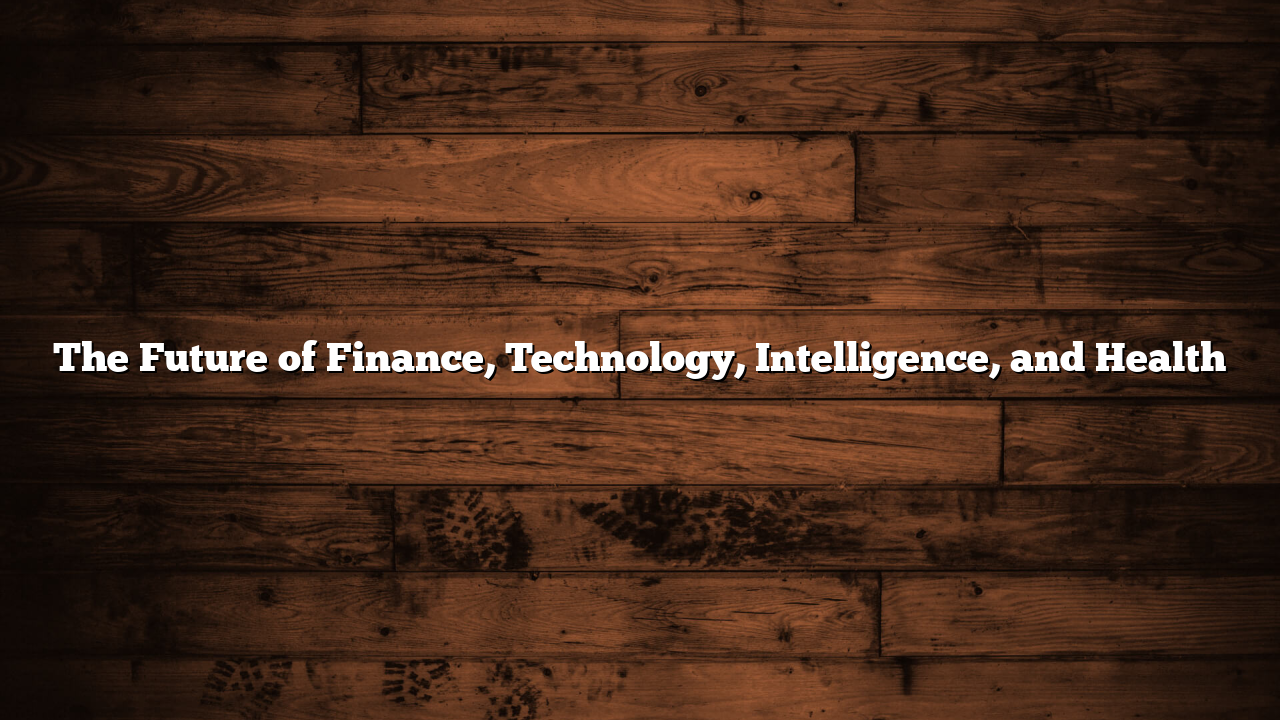
Leave a Reply